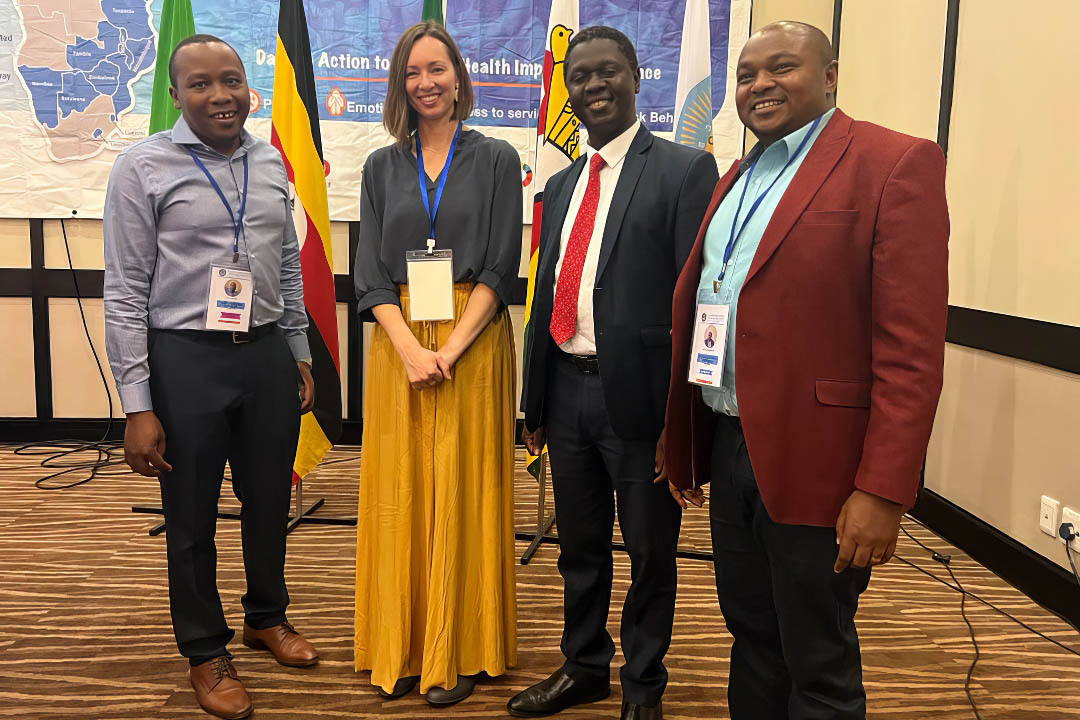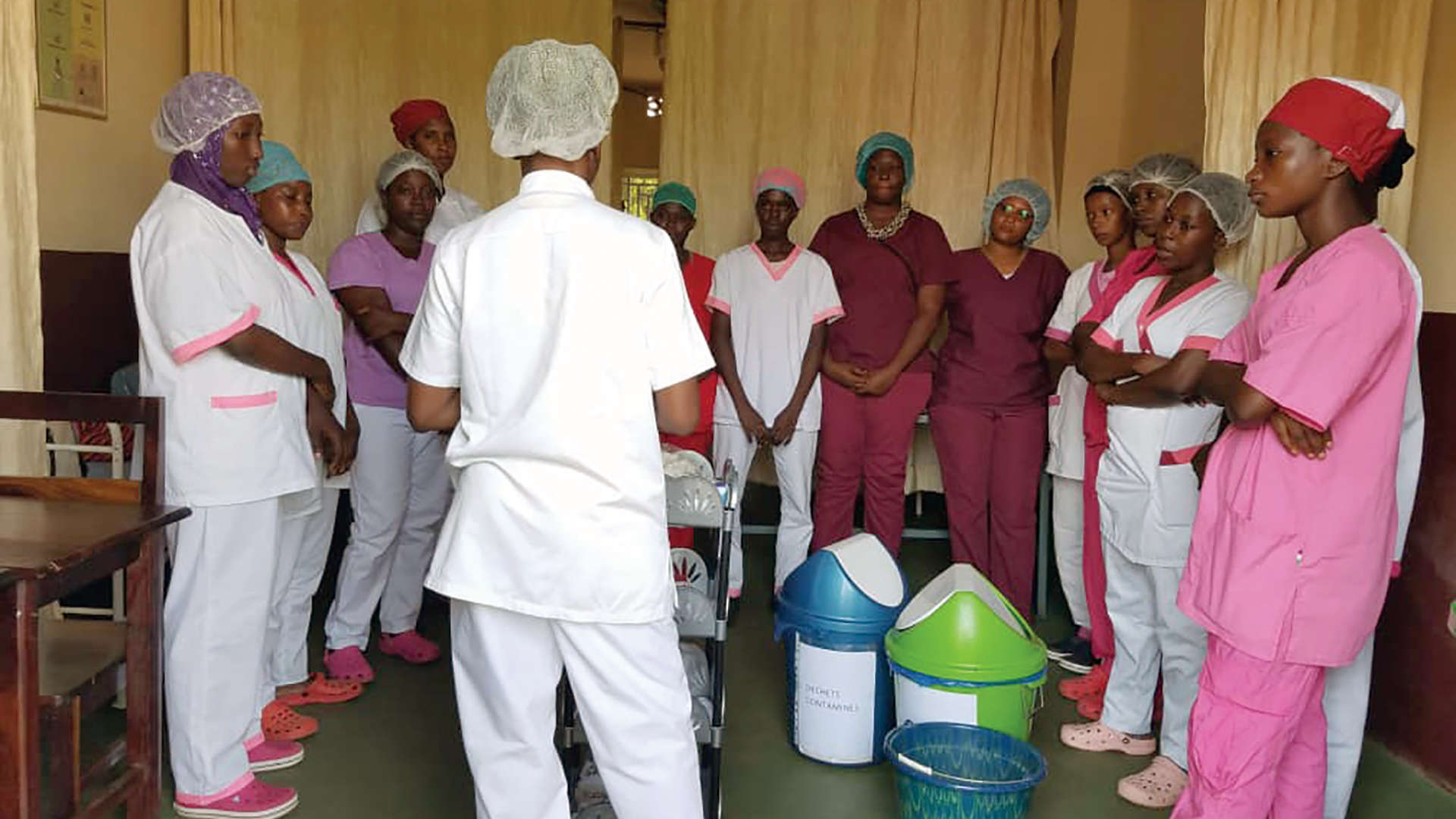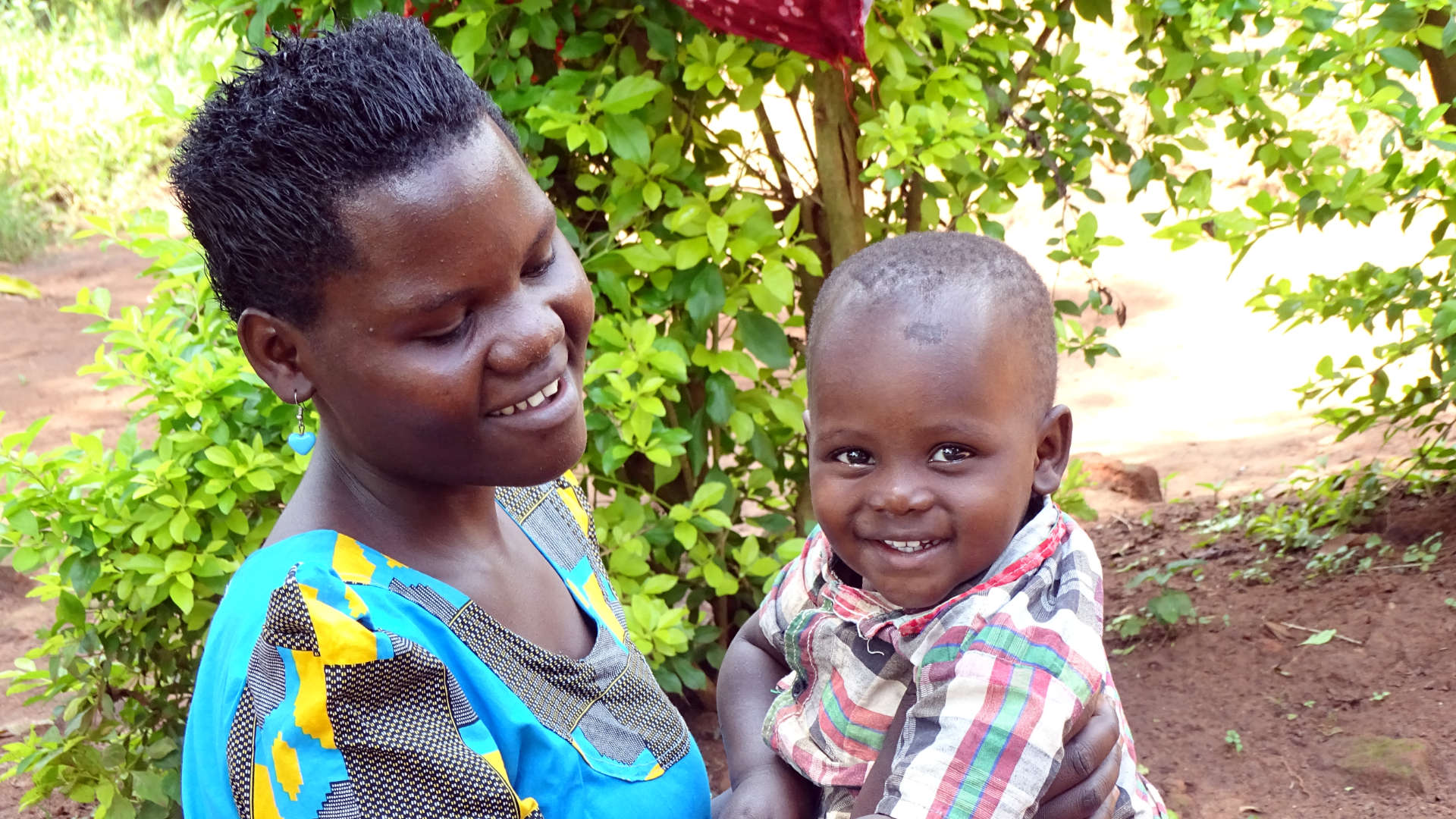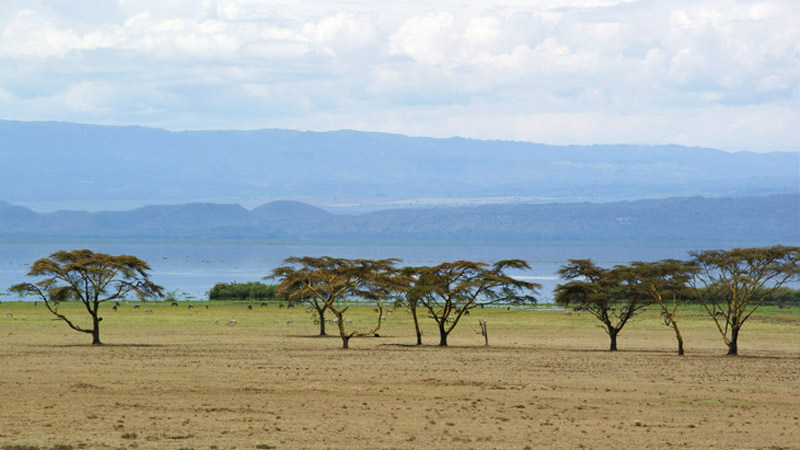
Monica Dutcher
Senior Manager, Knowledge Management & Communications Systems
As the Secretariat, or management hub, of the Implementation Science Collaborative (ISC), URC is energized by the recent passage of a ministerial resolution to recognize violence against children as a critical issue and calls out the importance of using data to address it.
The ISC is the major output of USAID’s Health Evaluation and Applied Research Development (HEARD) Project. It is a partnership committed to improving the use of real-time evidence for the implementation and advancement of health policies and programs in low- and middle-income countries.
Adopted in February 2023 during the East, Central and Southern Africa Health Community (ECSA-HC) Health Ministers Conference (HMC) in Maseru, Lesotho, the resolution calls for the ECSA-HC, an ISC partner, to monitor and report on progress implementing prior resolutions to address gender-based violence and child sexual abuse.
The resolution’s focus on protecting children has in part resulted from a collaborative approach from ECSA-HC, City University of New York, URC, and Together for Girls. All played a role in the research, publication, and dissemination of the landscape analysis “Using Data to Inform National Efforts to End Violence Against Children: Country Experiences and Lessons Following Violence Against Children and Youth Surveys (VACS).”
The data generated from VACS, considered a best practice tool – globally – in the understanding of a country’s unique profile related to violence against children, are helpful in developing relevant evidence-based interventions. The results are used to improve training materials, integrate prevention and response interventions across sectors, build knowledge and public awareness, and improve existing national plans and policies. The use of these surveys is truly implementation science in action.
The landscape analysis, co-authored by Samantha Ski of URC, is a first of its kind comprehensive review of country experiences in transforming their VACS results into concrete sex- and age-specific improvements for children and young people. The analysis synthesizes the views of 225 stakeholders from across 20 countries, spanning four regions.
This work culminated at the 2023 ECSA-HC Best Practices Forum, which immediately preceded the HMC. During this forum, Ski presented the analysis findings and made several recommendations, including greater government ownership of multisectoral coordination and national response to VACS. These recommendations were deliberated and incorporated within the resolution adopted by health ministers later that week.
The resolution puts ECSA-HC in a strong position to follow up with their member states to support their plans to actualize the resolution. It presents an opportunity to not only convene key ministry experts and ISC partners to share lessons learned from different countries, but also stimulate implementation science work within the ECSA region and build the capacity of local partners.
In addition, during a recent coordination meeting among ISC partners – including URC, ECSA-HC, Together for Girls, City University of New York, Universidad de los Andes, and University of California Berkeley – momentum is building to ensure continued learning and collaboration across violence protection and mental health and psychosocial support (MHPSS) networks.
Read more about how the ISC is providing additional catalytic support to data-to-action movements to protect children from violence in Colombia, Namibia, Kenya and Moldova.
The ISC’s work spans different areas of intervention, including MHPSS and woman-centered care. Visit the ISC website to learn more about how the power of partnership and the demonstrable impact implementation science can have on human health and development.



